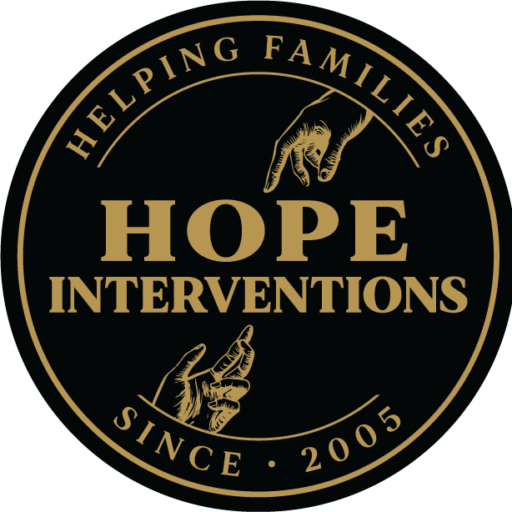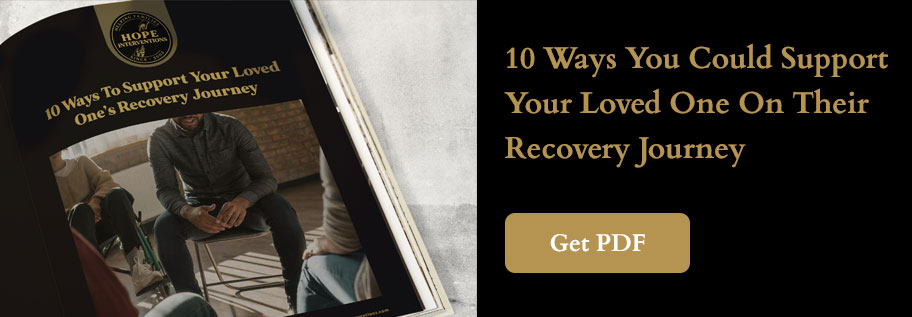Addiction rarely happens in a vacuum—but it often thrives in isolation. While many families focus on the visible signs of substance use—slurred speech, missed responsibilities, erratic behavior—one of the most dangerous red flags goes unnoticed: isolation. At Hope Interventions, we’ve seen how emotional and physical disconnection quietly fuels addiction—and how recognizing this connection can lead to real, life-changing intervention.
The Hidden Trap of Isolation
Isolation doesn’t always mean someone is physically alone. It can mean:
- They’ve withdrawn emotionally from loved ones
- They’re hiding their behavior or avoiding accountability
- They’re suffering silently with shame, anxiety, or depression
- They’ve cut themselves off from routines, hobbies, or meaningful connections
Addiction feeds on this silence. Without connection, there’s no accountability. Without support, there’s no reason to hope for something better. Isolation becomes both a symptom of addiction—and a weapon it uses to tighten its grip.
Why Families Often Miss the Signs
Families may assume someone is just “going through a phase” or “needs space.” In today’s fast-paced, often digital world, it’s easy to explain away withdrawal or detachment. But when that emotional distance starts pairing with substance use—especially secrecy around it—that’s when concern should shift into action.
Some warning signs of addiction-driven isolation include:
- Disappearing for long periods without explanation
- Ignoring texts or calls from family and friends
- Spending more time alone in their room, car, or away from home
- Making excuses to avoid social gatherings
- Sudden disinterest in things they used to love
If these patterns feel familiar, you’re not overreacting. You’re seeing signs that your loved one may be struggling—and possibly crying out for help in the only way they know how: by disappearing.
Why Intervention Breaks the Cycle
When someone is trapped in the dual cycle of addiction and isolation, they’re often too deep in it to find their way out alone. That’s where intervention comes in. A well-planned, compassionate intervention offers:
- A wake-up call: Helping your loved one realize how far they’ve pulled away
- A supportive circle: Reminding them they’re not alone and are deeply cared for
- A concrete plan: Presenting a way forward, with professional help and family support
- A bridge back to connection: Reestablishing relationships that addiction has frayed
At Hope Interventions, we create a structured environment where families can express concern without blame and offer a path to recovery grounded in love.
Reconnecting Is the First Step Toward Healing
No one heals in isolation. Connection is one of the most powerful tools in overcoming addiction. It offers accountability, motivation, and a reason to hope. The sooner you interrupt the isolation, the sooner healing can begin.
If you’ve noticed someone you love slowly drifting away—emotionally or physically—it’s time to act. Not with force, but with compassion and clarity. You don’t need to wait until they’ve hit bottom. You can be the turning point.
Let Hope Be the Anchor
At Hope Interventions, we help families break the silence. We help people step out of the shadows of isolation and into the light of recovery. If your loved one is struggling, let’s talk. There’s still time. There’s always hope.

